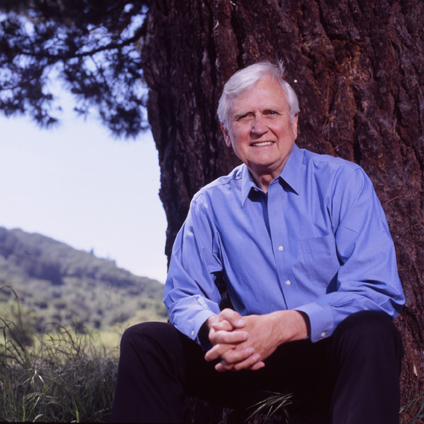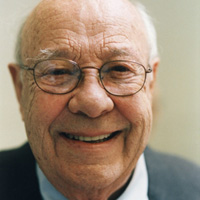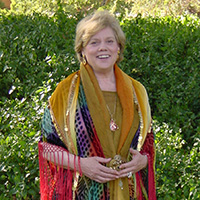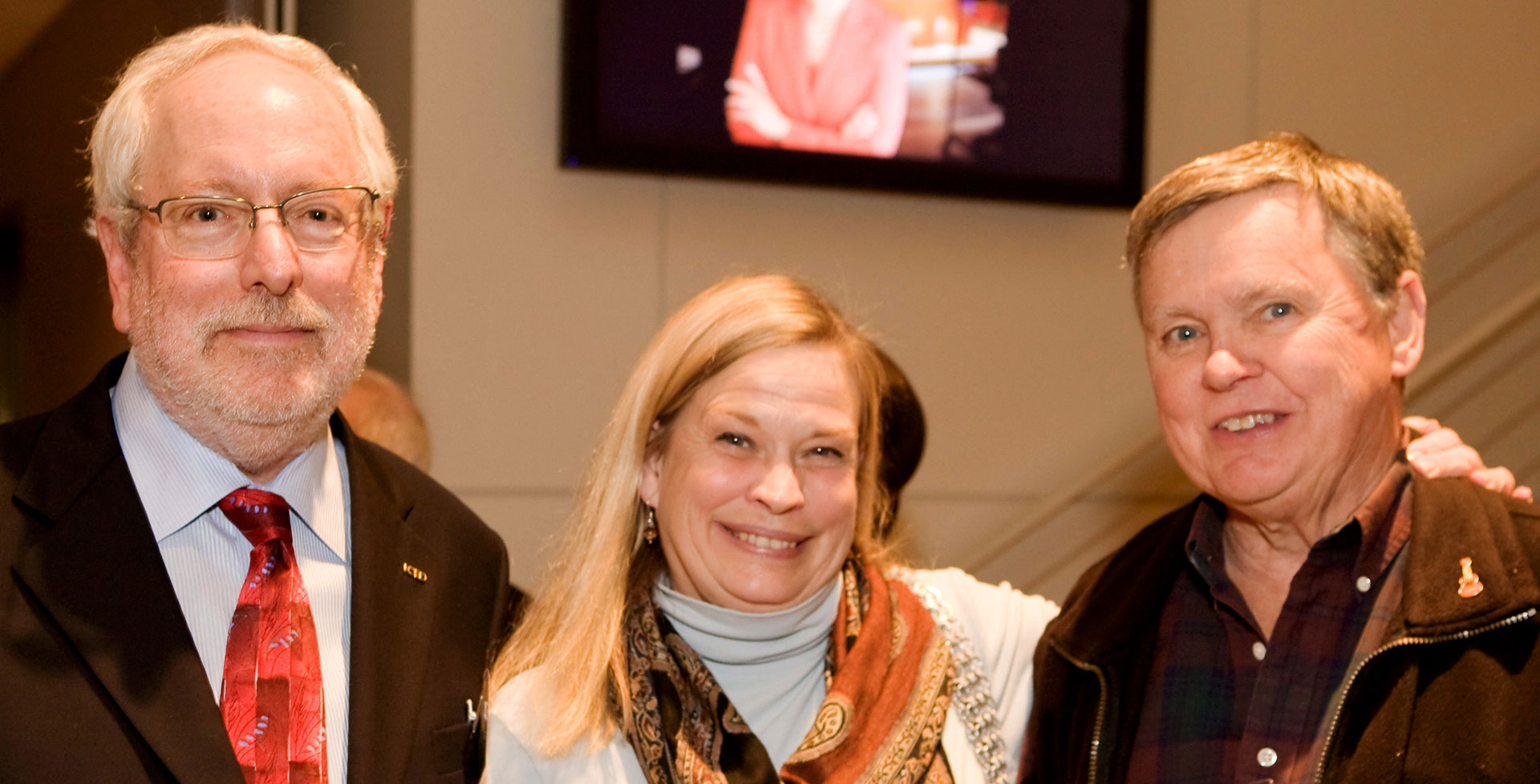Donor Stories
KQED celebrates your legacy gifts.
James Boyce: A Far- Reaching Legacy

Special thanks to Jim’s wife, Kris Otis, and long-time friend, Lori O’Camb, for providing us insight into Jim’s inspiring life.
Although we might not encounter them every day, there are certain people who truly embody curiosity, whose interests are outpaced only by the depth of their passions. KQED’s mission is to serve those whose curiosity pushes them to achieve their full potential, “everyone who wants to be more,” and James “Jim” Boyce was one of those individuals. His many interests led him all over the country and the world, and to KQED.
In 2013 KQED began receiving support from Jim’s generous bequest to benefit KQED. Jim’s generosity stemmed from his love of sharing the things he cared about with others — science, nature, food, Bay Area life, and connecting people through art and stories. His many interests and ventures reflected his passion for discovery and entrepreneurship.
Erling Thor Martinsen: Bequest

In 2010, Erling “Earl” Thor Martinsen called the KQED Gift Planning and Endowment department to tell us he wished to provide for KQED’s future. Earl told us he didn’t have much money, but KQED was important to him and he wanted us to have what might be left after his lifetime. He was inspired by seeing how others had made legacy gifts to KQED. Earl also needed an attorney and asked the Gift Planning department for referrals of attorneys to aid him in drafting his first will, and of professional fiduciaries to serve as executor. He completed his plans, and a year later passed away, knowing that his remaining funds would be his legacy to KQED and the people of Northern California. We are grateful for his bequest, which will help keep KQED available to everyone, regardless of age or circumstance, far into the future.
Robert (Bob) L. Weiss: Bequest

Warm, generous, kind, lively and charismatic, Bob was a man who loved life. A great fan of KQED television, Bob became a member of KQED in 1983. Bob and his partner, Nick, became Legacy Society members after including KQED in their living trusts. They continued to volunteer and sustain their annual support of KQED. Bob once revealed, “I have been very fortunate. I come from a family that believed in education and had wide interests. I have a strong belief in the Golden Rule.”
At the end of his life, Bob fulfilled his goals to make gifts to family and friends and to charities he loved. KQED is grateful for Bob’s volunteerism during his life and ultimately, his unusual bequest — he had acquired substantial real estate and bequeathed to KQED the note he held on one of the properties he sold. Now, the income from the note — and eventually the principal — will support KQED’s future. “I get it all from KQED,” he once remarked, though KQED has received just as much, if not more, from his generosity.
Barbara Jeanne Lotz: Bequest

Barbara Lotz felt that KQED connected her with a wider world and provided an intellectual community that enriched her life. A musician, writer, and theater producer, Barbara embraced KQED’s cultural programming and community reporting. As a long-time member of nearly 20 years, she depended on KQED’s reliable accounts of events and deeply appreciated how KQED content educates children, corrects misperceptions about people with disabilities, and breaks down social and economic barriers. According to her close friend, Ron Barton, Barbara was intensely political and passionately interested in the welfare of youth and those who face myriad forms of discrimination. “Barbara extended her generosity to an amazing variety of causes and individuals in need.” KQED is grateful to be among those who benefited from her generous support.
David and Claudia Chittenden: “Aim High” with KQED

In the Fall of 2013, the Gift Planning department sat down with David and Claudia Chittenden, long-time supporters and devoted listeners of KQED, to learn more about their charitable activities and their motivations for giving.
What inspired your support of KQED?
David: Starting in 1974, maybe earlier, we made small donations over the years to KQED. And as we grew older, we set up charitable gift annuities to benefit us during our lives, and at the same time benefit KQED. Since we don’t need the annuity income now, we also chose a revocable gift assignment that allows our life income payments from the charitable gift annuity to automatically fund our annual support to KQED.
Claudia: Another thing we like about KQED is that you all give back. At KQED events, it’s really been fun for us to meet the people whose voices we hear on the radio and the faces we see on public television. The staff makes us feel that what we’ve done is valued. On a larger scale, we see how KQED builds community and continues the legacy of creating programs that educate and that provide insight and awareness of local and world affairs. We feel secure in knowing that KQED will continue educating and improving our community far into the future. That’s very exciting.
Donor Stories
“KQED provides education, information and entertainment to people from all walks of life; it is crucial to a thriving democracy. That’s why I’ve made an endowment gift in my living trust. I’m delighted that my gift will one day extend my support far beyond the annual gifts I make to KQED today.”
Add Your Story
Our Legacy Giving Department can help you or your advisors plan the gift that will best benefit KQED and serve your financial needs.